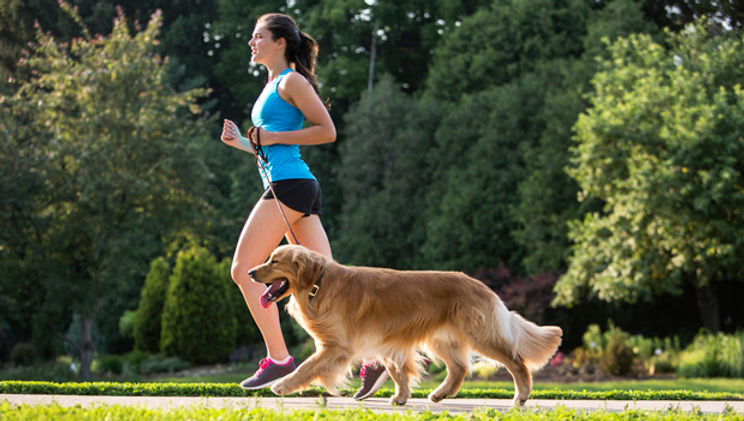Taking Care of Your Dogs
- S B
- Apr 13, 2025
- 3 min read
Owning a dog is a rewarding experience, but it comes with responsibilities. Understanding how to properly care for your dog is essential to ensure their happiness, health, and longevity. In this guide, we'll explore the best ways to take care of dogs, including essential care tips and the importance of dog behavior training.
Understanding Your Dog's Needs
Before diving into the specifics, it's crucial to understand that every dog has its own unique needs. Factors such as breed, age, and health condition can affect how you should care for them. However, there are universal practices that apply to all dogs.
Nutrition
Proper nutrition is the cornerstone of a healthy dog. Dogs require a balanced diet rich in proteins, carbohydrates, fats, vitamins, and minerals. Ensure that your dog's food is appropriate for their age, size, and activity level. Consult with your vet to find the best diet plan. Avoid feeding your dog human food, especially those that are toxic to them like chocolate, onions, grapes, garlic, etc.

Exercise
Exercise is vital for maintaining your dog's physical and mental health. Different breeds require varying levels of activity, but all dogs benefit from regular walks and playtime. Exercise helps prevent obesity (which can sometimes be fatal), reduces anxiety, and strengthens the bond between you and your pet.

Grooming
Regular grooming is another essential aspect of dog care. This includes brushing their coat, trimming their nails, and cleaning their ears. Some breeds may require professional grooming, while others can be managed at home. Grooming also provides an opportunity to check for signs of health issues such as skin infections or parasites.

Health Care
Keeping your dog healthy requires regular veterinary care. Schedule annual check-ups and keep up with vaccinations to prevent diseases. Also, consider spaying or neutering your dog to prevent unwanted litters and reduce the risk of certain health issues.

Parasite Prevention
Parasites like fleas, ticks, and worms can cause significant health problems in dogs. Use preventive treatments to protect your dog from these pests. Consult your veterinarian to choose the most effective products and follow the recommended schedule for application.

Dental Care
Oral health is often overlooked but is essential for your dog's overall health. Regularly brushing your dog's teeth and providing dental chews can help prevent dental diseases. Dental issues can lead to pain and infections, so it's crucial to maintain good oral hygiene.

Addressing Behavioral Issues
If your dog exhibits problematic behaviors, consider seeking help from a professional dog trainer. Early intervention is essential to correct issues and ensure a harmonious relationship with your pet.
Dog Behavior Training
Training your dog is not just about teaching them tricks— it's about fostering a well-behaved and socially adjusted pet. Behavior training can help prevent issues such as aggression, anxiety, and excessive barking.

Basic Commands
Start with basic commands like sit, stay, come, and leave it. These commands are fundamental and can help manage your dog's behavior in various situations. Consistency and positive reinforcement are key to effective training.

Socialization
Socializing your dog is crucial for their development. Expose them to different environments, people, and other animals. Proper socialization can prevent fear-based aggression and anxiety-related behaviors.

Creating a Safe Environment
Your home should be a safe haven for your dog. Remove hazards such as toxic plants, electrical cords, and small objects that could be swallowed. Provide a comfortable space for your dog to rest and ensure they have access to fresh water at all times.

Safe Outdoor Spaces
If you have a yard, ensure it is secure and free from escape routes. Regularly check the fencing for gaps and ensure the area is free from hazardous materials. When walking your dog, always use a leash to keep them safe.

Emotional Well-being
Dogs are social animals that thrive on companionship. Spend quality time with your dog every day. Engage in interactive play, offer affection, and provide mental stimulation through toys and puzzles.

Recognizing Stress and Anxiety
Be attentive to signs of stress and anxiety in your dog, such as excessive panting, pacing, or destructive behavior. Address these issues by identifying triggers and providing a calming environment. In severe cases, consult with a veterinarian or a behaviorist for guidance.

---------------------------------------------------------------------------------------------------------------------------
Taking care of your dog involves a commitment to providing love, attention, and the essentials for a healthy life. By understanding their needs, maintaining their health, and fostering good behavior, you can ensure your dog lives a long, happy, and fulfilling life. Remember, the care you provide not only enhances their quality of life but also strengthens the bond you share.
Ultimately, a well-cared-for dog is a happy dog, and a happy dog brings joy and companionship to your life. Embrace the journey of dog ownership, and you'll find it to be one of the most rewarding experiences.






Comments